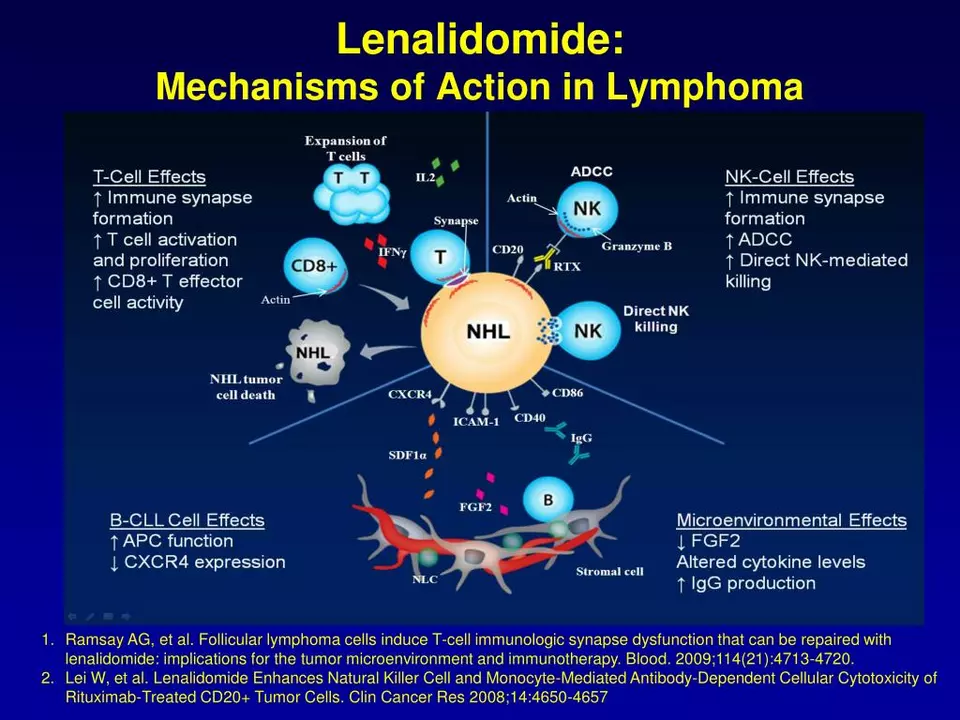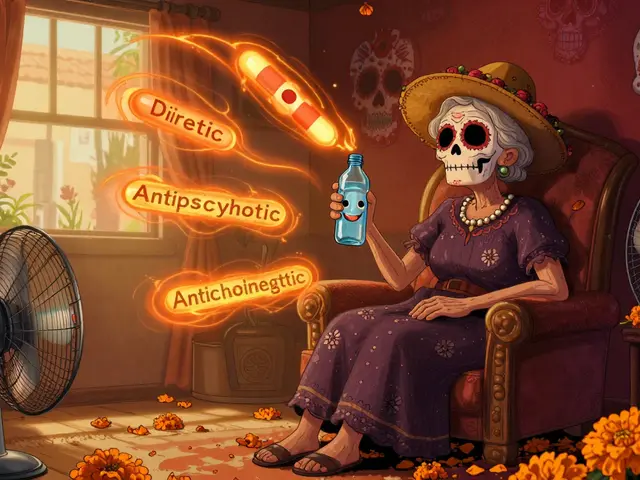POEMS syndrome — what to watch for and what to ask your doctor
POEMS syndrome is a rare condition that links nerve problems with a specific plasma cell disorder. The name POEMS stands for five main features: Polyneuropathy, Organomegaly, Endocrinopathy, Monoclonal plasma cell disorder, and Skin changes. If you or someone you know has unexplained nerve symptoms plus other odd signs, POEMS may be worth considering.
Start here: the most common early sign is progressive numbness, tingling, and weakness in the feet and hands. That neuropathy is usually symmetric and gets worse over weeks to months. Unlike common nerve pain, it often causes both numbness and balance problems that interfere with walking.
Other key signs to notice
Look for extra clues beyond the nerves. People with POEMS commonly have enlarged liver, spleen, or lymph nodes (organomegaly). Hormone problems such as low sex hormones, thyroid issues, or glucose problems are frequent (endocrinopathy). Skin changes can include darker skin, thickening, hair loss, or abnormal blood vessels. Fluid buildup, like swelling in the legs or around the lungs, and vision changes from swollen optic nerves can also happen.
Blood tests often show a small abnormal protein made by plasma cells. Doctors may order SPEP/IFE (serum protein electrophoresis/immunofixation) to find this. Another helpful test is blood VEGF (vascular endothelial growth factor), which is often high in POEMS and can support the diagnosis. Nerve conduction studies confirm the neuropathy, and imaging (CT or PET) looks for bone lesions or enlarged lymph nodes. A bone marrow biopsy may be needed to evaluate the plasma cell problem.
Treatment basics
Treatment focuses on the underlying plasma cell disorder and on relieving symptoms. If POEMS comes from a single bone lesion, targeted radiation can help a lot. For more widespread disease, doctors use systemic therapy similar to treatments for other plasma cell conditions — for example, combinations that may include steroids, immunomodulatory drugs, proteasome inhibitors, or even autologous stem cell transplant for fit patients. Supportive care matters too: physical therapy for weakness, endocrine treatment for hormone problems, and diuretics or procedures for fluid overload.
Because POEMS is rare and complex, care usually involves a team: a hematologist/oncologist for the plasma cell disease, a neurologist for the neuropathy, and other specialists as needed. Treatment choices depend on age, overall health, and disease extent.
What should you ask your doctor? Ask whether tests for monoclonal protein and VEGF have been done, whether imaging has checked for bone lesions, and whether referral to a hematologist or a specialist center is recommended. If treatment is started, ask about expected symptom timelines and how side effects will be managed.
Outlook has improved with modern therapies. Many people see stabilization or improvement in nerve function after treatment, but recovery can be slow and may take months to years. Early diagnosis and coordinated care give the best chance of meaningful benefit.
If you suspect POEMS, don’t wait. Get a clear workup and a specialist opinion so you can start the right tests and treatment path sooner rather than later.

As a blogger, I recently came across the topic of lenalidomide's role in the treatment of POEMS syndrome. It's fascinating to learn that lenalidomide, an immunomodulatory drug, has shown promise in treating this rare and debilitating disorder. Studies have indicated that it can effectively improve symptoms and reduce disease progression. Moreover, lenalidomide's tolerability and safety profile make it a viable treatment option for patients who are not suitable for other therapies. In summary, lenalidomide is emerging as a potential game-changer in the battle against POEMS syndrome, offering patients hope for a better quality of life.
Chris Gore May 6, 2023




